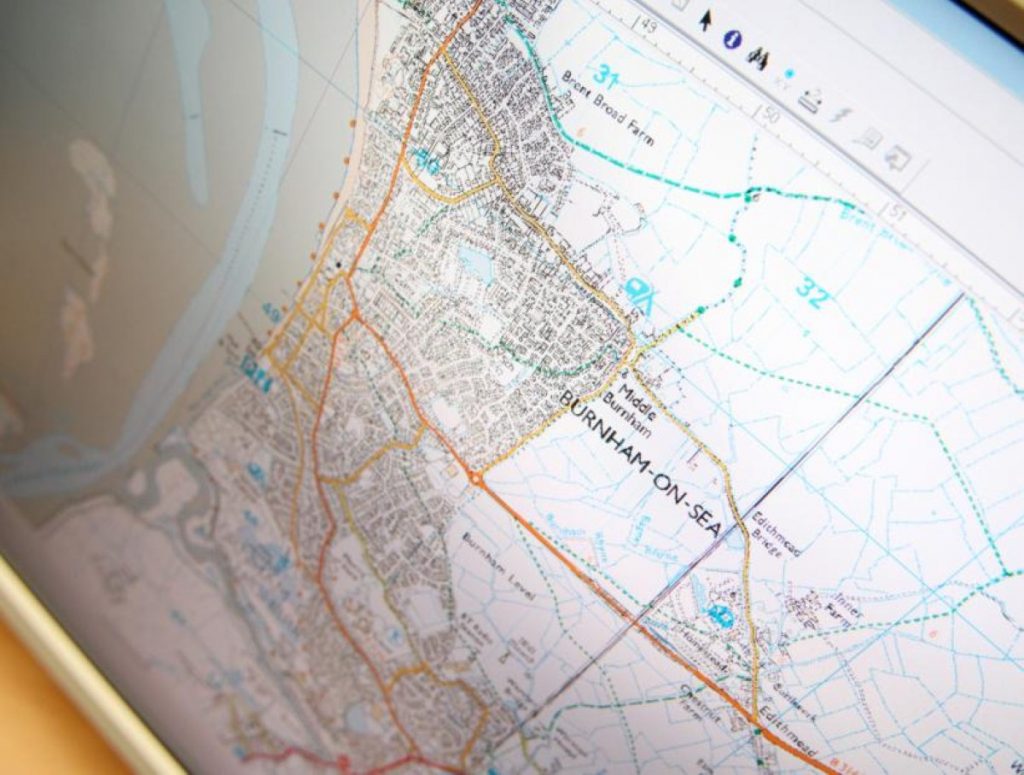Analysis: The boundary changes bunfight
The publication of England's redrawn political map is the first step in a lengthy process of political infighting.
By Alex Stevenson Follow @alex__stevenson
Labour and the Conservatives will be going head to head, attempting to work out how effectively they can influence the process. Initially they'll be looking to come up with any viable counter-proposals which might limit the damage to their party. Then, once these have been published, they'll set about rubbishing the alternatives any other party has submitted. The scope for change is limited – but they'll do what they can.
The Liberal Democrats face a more challenging situation. The 2010 general election map shows that most of their seats are isolated, little blobs of orange surrounded by large swathes of red or blue. So most changes will affect them adversely. They're expected to lose around ten seats as a result – a much larger proportion of their presence in parliament than the 16 or 17 the Tories will lose – or the 25 seats Labour are expected to shed.


Dismay felt by party strategists will be nothing compared to the anguish currently being suffered by MPs. "Lots of long faces!" one backbencher feeling pleased with himself observed cheerily. The queue of backbenchers in parliament yesterday, as they sought to pick up their maps from the Boundary Commission for England (BCE), stretched all the way down the corridor. "It's not what we thought," one was heard to say, half nervous, half excited, holding his mobile phone in one hand and grasping the package of maps and papers he'd picked up in the other. "The constituency's been split completely in half!"
That experience isn't uncommon. Some MPs have had their seats totally dismantled, their wards tagged on to three or four neighbouring seats. Others face minor changes, which could turn a safe seat into a marginal – or a marginal into a no-hoper.
The problem is that you can't just deal a problem with a specific constituency and leave it at that. Any alteration has knock-on effects for neighbouring seats, meaning a single shift can cause changes to five or even ten nearby constituencies. Trying to resolve the tensions of angry MPs is going to require the diplomatic sensitivities of a first-class ambassador.
This is all the result of the decision taken by the coalition government to equalise constituency sizes. Before the boundary reviews would take into account local ties, geographical factors and the like. This time round the rules of the game have been changed, meaning constituency sizes have had to fit into a narrow range of just five per cent either side of the average-sized seat, with 76,641 electors. Add on to that the reduction in the total number of MPs from 650 to 600, and it's no surprise you'll end up with some slightly odd-looking seats.
Sometimes the numbers have forced a focus on geographical issues. In the past the idea of a constituency crossing the border between Cornwall and Devon was unthinkable. But it became an unavoidable necessity in the boundary review, because Cornwall by itself would have 5.5 constituencies. That extra 0.5 has to come from somewhere. But where?
The southern option would have had to traverse the River Tamar between Plymouth and Saltash – far from ideal, because of the size of the river. So the proposed solution is a new seat, Bideford and Bude. An A-road becomes the most significant link between the two counties, in one very awkward seat. We can expect trouble from the Cornish nationalists.
Another bizarre proposal is that affecting the constitutional affairs minister, Tory MP Mark Harper, whose Forest of Dean seat needed to find an extra ward from somewhere. The solution, the BCE says, is taking the Westgate ward from Gloucester. This would be fine, if it wasn't for the fact that Westgate ward includes the city centre, the town hall and the cathedral. But it was the "only viable option", according to the boundary commissioners.
That's not entirely true. They could have decided to split the council wards on which this to-ing and fro-ing has been based. But doing so appears to have been viewed as the political equivalent of splitting the atom – you never know what might happen. The result will be viewed by many as ridiculous.
But that's the price you pay for making these changes. Labour remain fed up with the way they came about (essentially, changing the constituency boundaries was a quid pro quo for the electoral reform referendum). But all parties are now focusing on the fight to come.
Officially, this with their rival political parties. Unofficially, all realise the biggest battles will be internal. Who will stay and who will go? It's all to play for. This game of political musical chairs has just begun.

